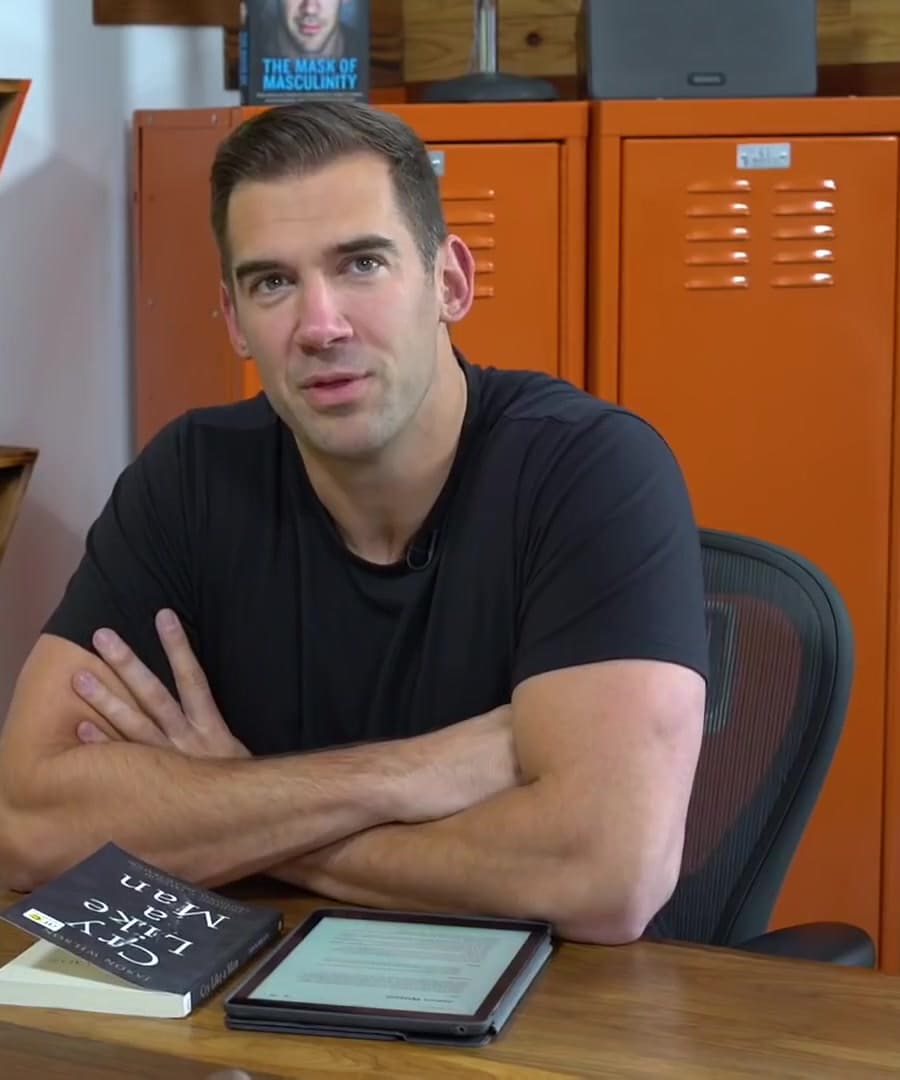Processing Pain
Sources:
Here are some key insights on processing pain, provided by trusted experts from various podcasts:
-
Trauma and Emotional Healing:
- discusses dealing with childhood trauma, including a school shooting and the murder of family members. He emphasizes the importance of processing pain, noting the lack of resources for emotional support in his community and how unprocessed trauma impacted his life and relationships 1.
-
Artistic Expression:
- shares how he and his band channeled their emotional pain from personal struggles into their music, using it as a journal to process difficult emotions. This creative process helped transform their pain into something meaningful and cathartic 2.
-
Reprogramming Chronic Pain:
- talks about pain reprocessing therapy, which involves changing the focus from pain to positive states like gratitude and contentment. This method aims to reduce the brain's danger signals and hence the pain experienced by encouraging positive thinking and reassessing fear-inducing behaviors 3.
-
Brain's Role in Pain Perception:
- explains that hypnosis can alter how the brain processes pain. By shifting the cognitive response to pain signals, hypnosis can reduce the perceived intensity of pain. This illustrates the brain's significant role in modulating pain based on how it interprets sensory information 4.
-
Reframing Pain:
- supports the idea of reframing pain perception. Pain is often a signal to avoid certain actions, but redefining it as a misfiring system can help individuals push through and gradually decrease the pain itself. This cognitive strategy helps break the cycle of avoidance and fear associated with pain 5.
These insights provide various perspectives on processing pain, emphasizing emotional support, creative outlets, cognitive strategies, and understanding the brain's role in pain perception.
RELATED QUESTIONS-

